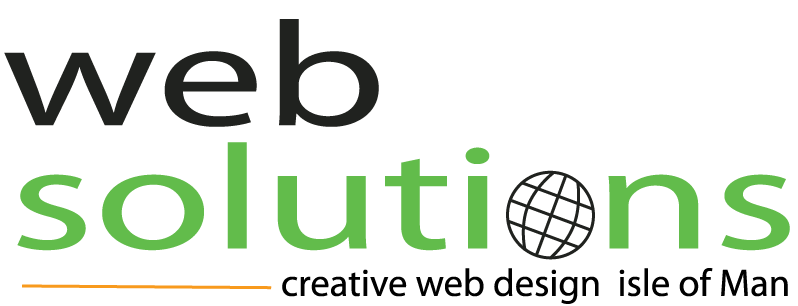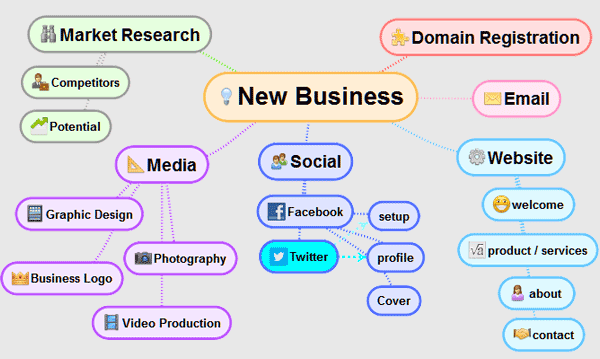
The main focus of the Strategy is to create a more inclusive environment that fosters understanding, acceptance and support for people with ASC, addressing the main issues raised by the community in the 2022 consultation on Developing a National Autism Strategy.
The strategy sets out six long-term goals:
- Increase community awareness and acceptance of ASC
- Reduce health and social care inequalities for people with ASC
- Provide high-quality, safe, and clear all-age pathways for diagnosis and support
- Improve professional awareness and capability across public service providers
- Improve access, support, and transitions to education at all levels
- Improve everyday experiences of people with ASC, their carers, and families
Each goal has a clear set of actions to be delivered in the next 12 months, with a particular focus on healthcare and education.
Specific actions include undertaking public information campaigns to raise awareness and acceptance of ASC and of the reasonable adjustments that can be made by businesses and workplaces.
Compulsory training will also be introduced for public service staff, information will be more easily available for assessment and support, and work will be carried out to ensure that medications are not the only form of intervention offered after a diagnosis.
The school ASC advisory service will be extended and an Inclusive Education Policy, based on the Additional Educational Need (AEN) Code of Practice, will be brought into use.
Minister for Health and Social Care, Lawrie Hooper MHK, said:
’This strategy demonstrates our commitment to becoming an ASC friendly Island, where reasonable adjustments are made as standard practice. We’ve listened to the feedback from our community and designed the strategy to improve some of the most common barriers they face. The strategy covers everything, from small reasonable adjustments that both Government and businesses can make around sound, lighting, accessibility of documents and information – to addressing the issues around access and support in education or healthcare.’
We are extremely grateful for the support we have received from our autistic community in the creation of this first national autism strategy.’
Minister for Education, Sport and Culture, Daphne Caine MHK, said:
‘The Department is committed to contributing to the strategy, which has been developed by DHSC. As noted in our Department plan we will be developing an action plan linked to the key objectives contained within the strategy, which will look at training and education provision for children with autism, who require bespoke personalised learning provision.’
The full strategy is available to read on the National Autism Spectrum Condition Strategy webpage, along with an Easy Read version for people with learning disabilities.
Resources and advice for businesses and individuals about communication, reasonable adjustments and employee support can be found through the Autism Acceptance webpage.




